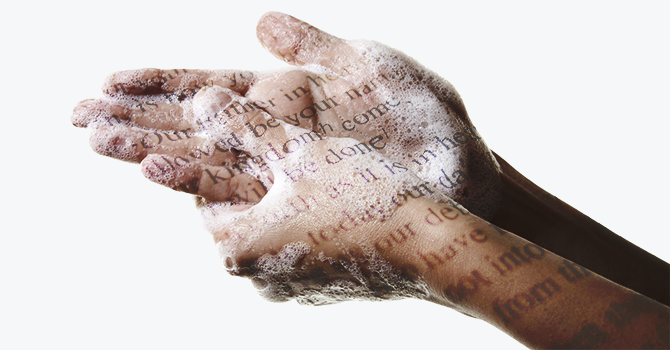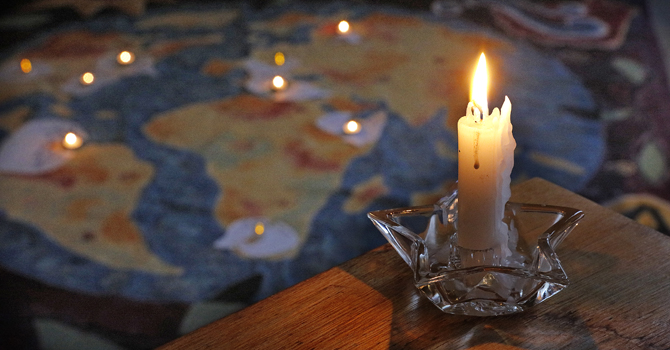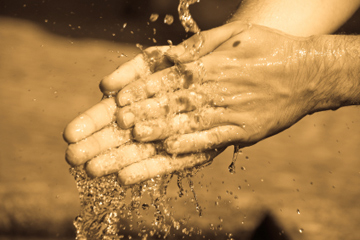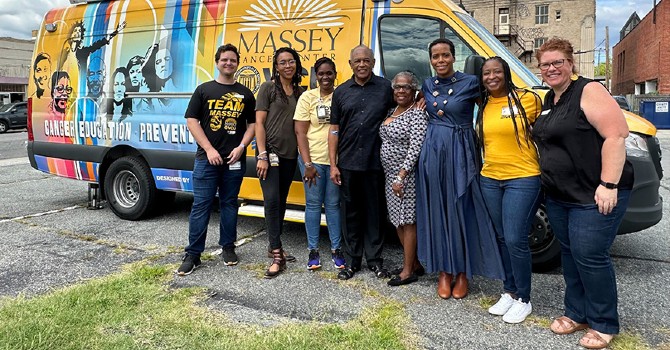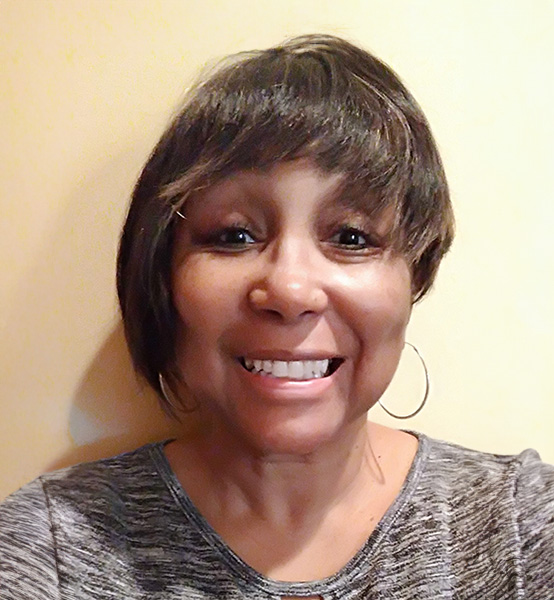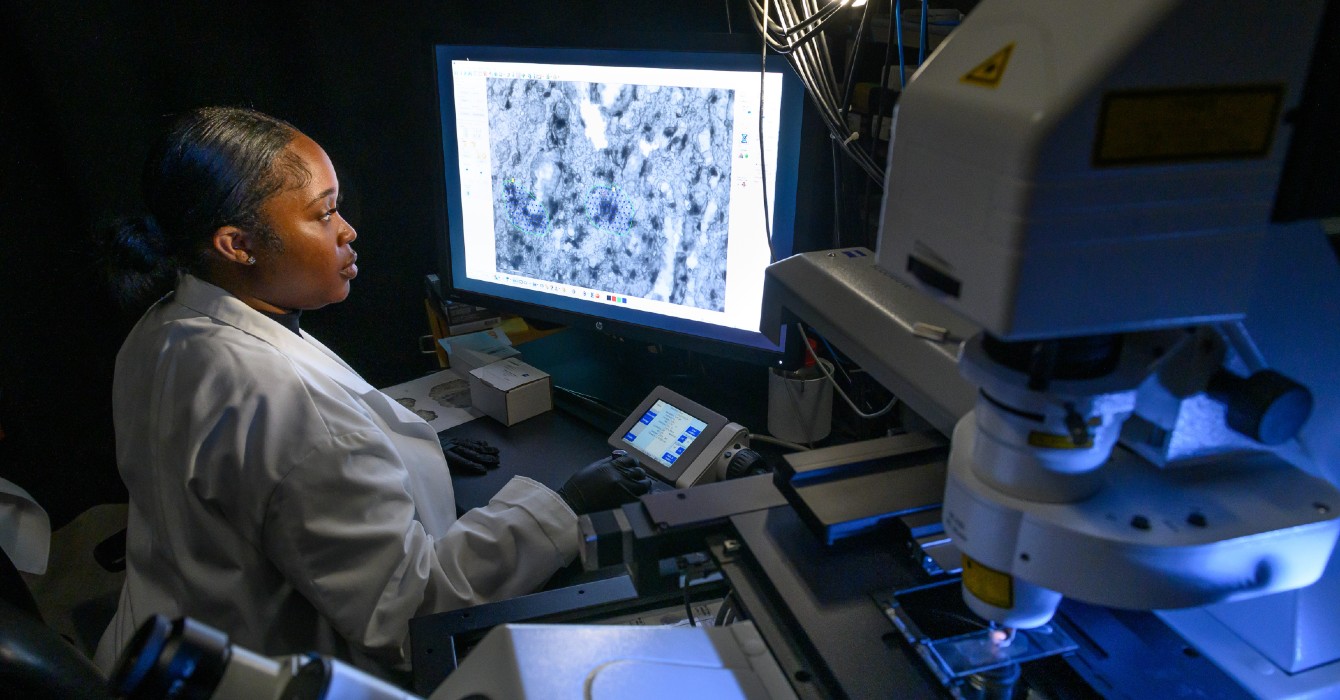Wash your hands for 20 seconds.
Never has 20 seconds felt so long in my entire life.
I’m trying to follow the CDC’s advice for avoiding the new coronavirus. I count as I wash my hands: “One, two, three, four …”
My normal hand-washing time is apparently somewhere around eight seconds. After eight seconds, I feel finished.
“… nine, 10, 11, 12, 13, 14, 15 …” I resent each additional second. Each one feels long and annoying. Twenty seconds is an eternity! It’s making me cranky.
The soap is gone because I’ve kept my hands under the water. I have to get more soap. I think about how much water I’m wasting.
A tip I hear to avoid the counting: Wash your hands for two rounds of “Happy Birthday.”
I try this ONE time. I hate it SO much. I don’t want “Happy birthday to you” in my head that many times a day. It’s bad enough at actual birthdays.
That 20 seconds of hand washing, several times a day, is an excellent opportunity to stop and soak in resentment. It’s a marvelous forced pause to wallow in grouchy irritability and anxiety.
To keep myself from ending early, cutting it to 12 seconds, or 14, I take to ruminating on the spread of the virus. I wonder how many more people have gotten it so far.
I berate myself for my impatience. Surely, I must be an exceptionally impatient person if I can’t stand here for 20 seconds.
I scold myself for telling my kids to do this and then having such a hard time with it myself. I’m a bad parent. I wonder whether they’re actually washing their hands for 20 seconds. I probably should nag them more often and more forcefully.
This was my increasingly unpleasant hand-washing routine.
Until yesterday.
My husband walked in the door and said, “Hey, did you know 20 seconds is the Lord’s Prayer? It’s one Our Father.”
Suddenly, the whole thing blew open. I thought immediately of the contemplatives and the mystics, the church fathers and mothers. I thought of those who tried to find ways to follow St. Paul’s direction to pray without ceasing (1 Thessalonians 5:17).
I remembered breath prayers, in which the words are attached to the rhythmic in and out of the breath, becoming part of the pray-er, and thought of John Chrysostom, who in the late 300s is thought to have originated the practice with the simple prayer, “Lord Jesus Christ, Son of God / Have mercy on us.”
Kathleen Norris’ book “The Quotidian Mysteries” popped into my mind. It follows the ancients (and mystics of many religions) in reconceiving the performance of everyday tasks as prayer by doing them with awareness and intention, connecting one’s heart to God.
The house becomes a sanctuary; chores become worship. Preparing meals, washing dishes, hanging laundry -- all are opportunities for prayer.
My own study and practice of Sabbath has taught me the gift of stopping, of being reoriented to who I am, and whose I am. When we stop, God meets us. I know that this is available to me already, at any moment.
I’ve felt the gift of both planned and forced Sabbath. How is this any different?
Wash your hands for 20 seconds.
Now I see that each time I wash my hands, I’m offered a chance to slow down and be present with God. I’m offered a moment in which to stand still and breathe and come back into myself.
Head, heart, body, right here, with God.
How many opportunities throughout my day do I now have to pause and be reoriented?
Suddenly, this task, this frustrating requirement, becomes a gift.
I turn on the faucet. I listen to the sound of the water. I breathe. I wet my hands and squirt soap into my palm. I am aware of my hands and how they’ve changed, aged. They look just like my mother’s when I was young. She was once just the age I am now.
I begin.
“Our Father, who art in heaven …” I feel the strength in my fingers, the flexibility, the sensitivity to touch and sensation. My hands do so much, and I take them for granted. Thank you, hands. Thank you, God, for my hands.
“Thy will be done, on earth as it is in heaven.” Around this point, my hands begin to feel sudsy, velvety and a little tickly, as if wrapped in a soft blanket. It’s a pleasant sensation.
I let myself enjoy it. How full life is of these small sensations! These little, unnoticed blessings of being embodied creatures!
“Forgive us our trespasses, as we forgive those who trespass against us.” My mind unclenches a little. It snaps to the phone call I’ve been replaying in my head for weeks.
I feel the tension in my throat and the tender, wounded anger I’ve been nursing -- let’s face it, cherishing. I think about the tone in her voice, the dismissive way she treated me.
It rises up and balloons in my chest as it has in the car, in the bed, in the shower -- anytime I am still long enough for it to catch up and invade me again.
But this time, I face it squarely. “Forgive us …” -- “Forgive me … as I forgive …” It breaks apart a little, dissipates. She doesn’t know me. I don’t need her to understand me. We are both doing our best with our days, with our lives. Beloved children of God, both of us. All of us.
Maybe I can let this go. Maybe I can wash my hands of it and let it go.
“For Thine is the kingdom, and the power, and the glory, forever.” The water is warm. I rinse off the soap. In just 20 seconds, my hands feel clean, and my mind and heart feel renewed.
“Amen.”

